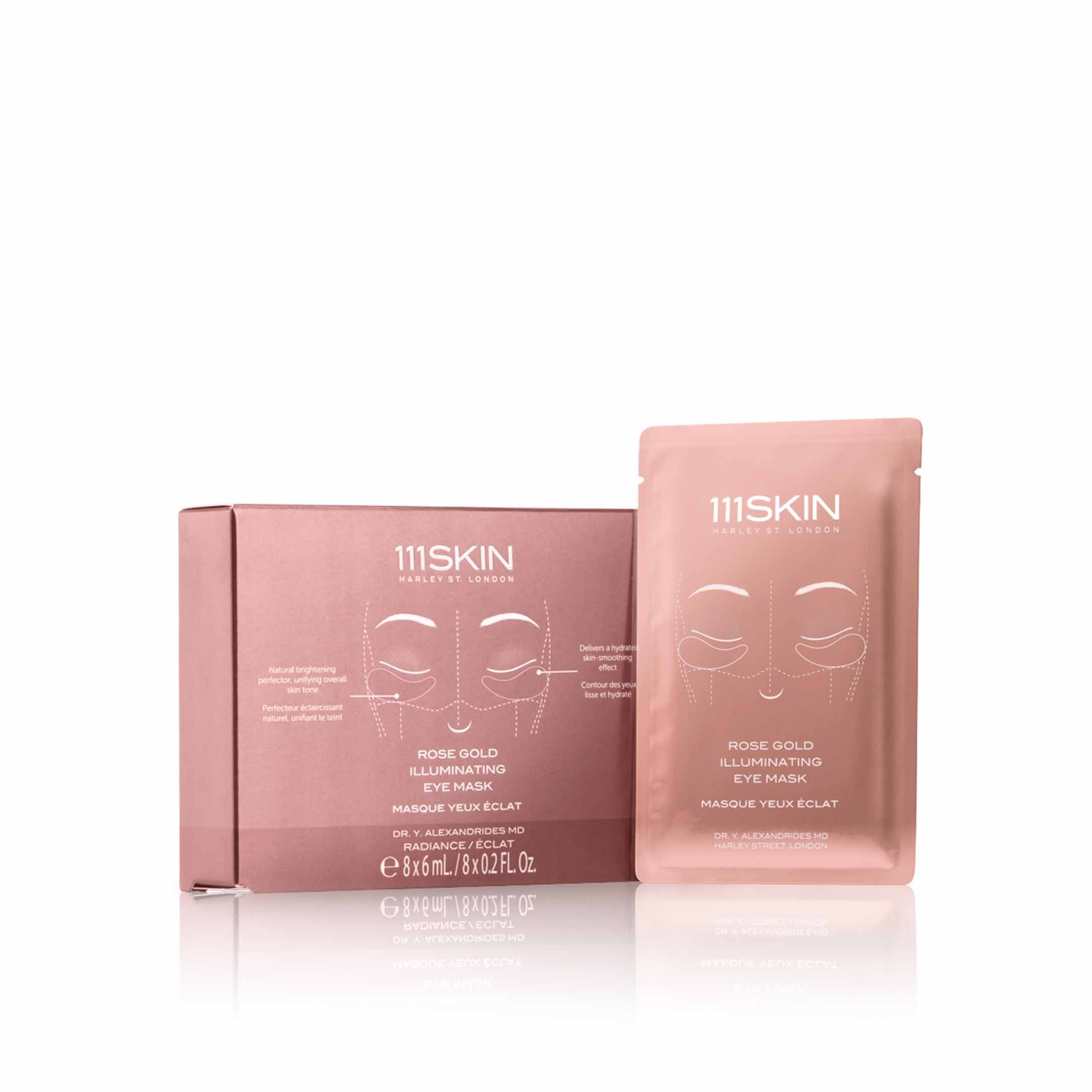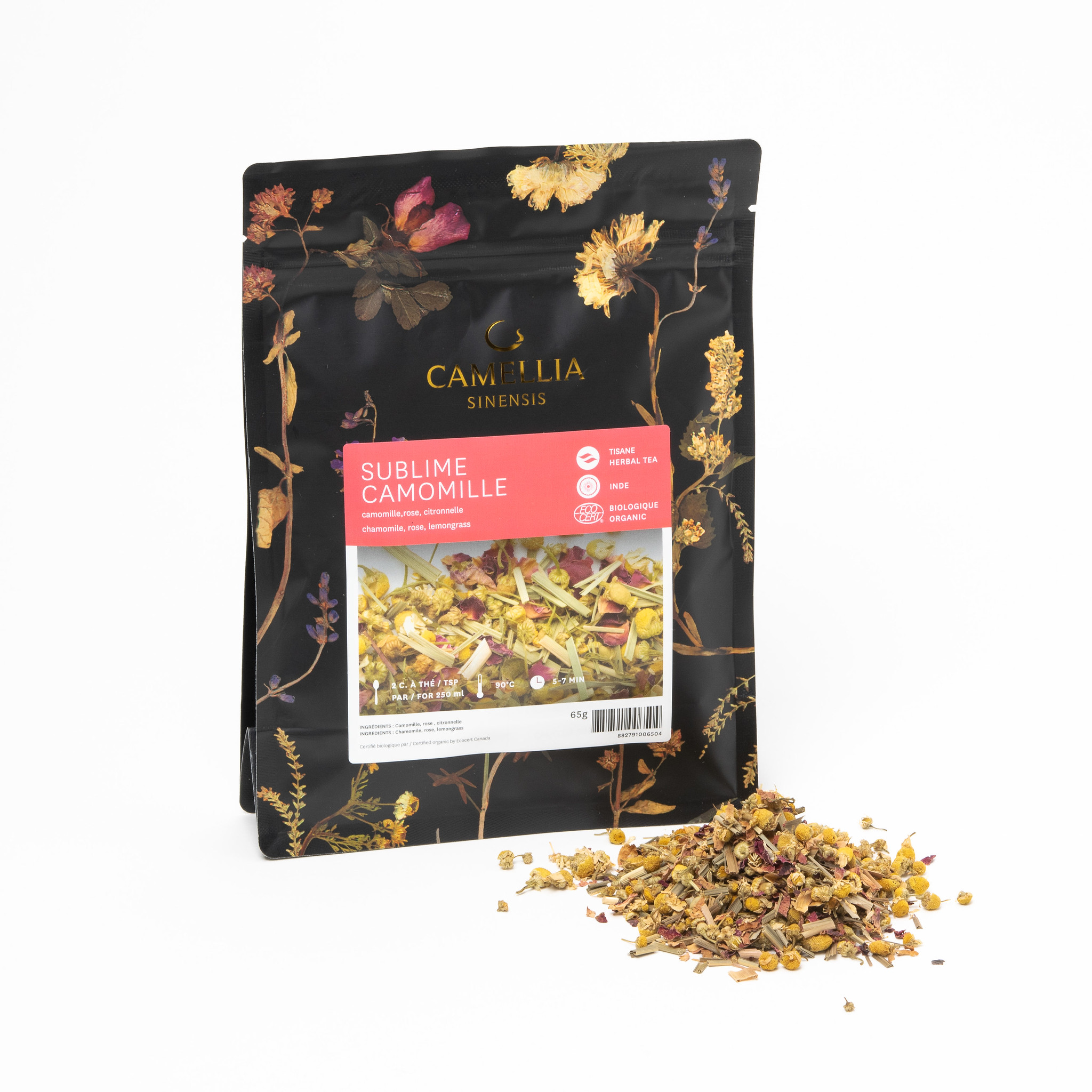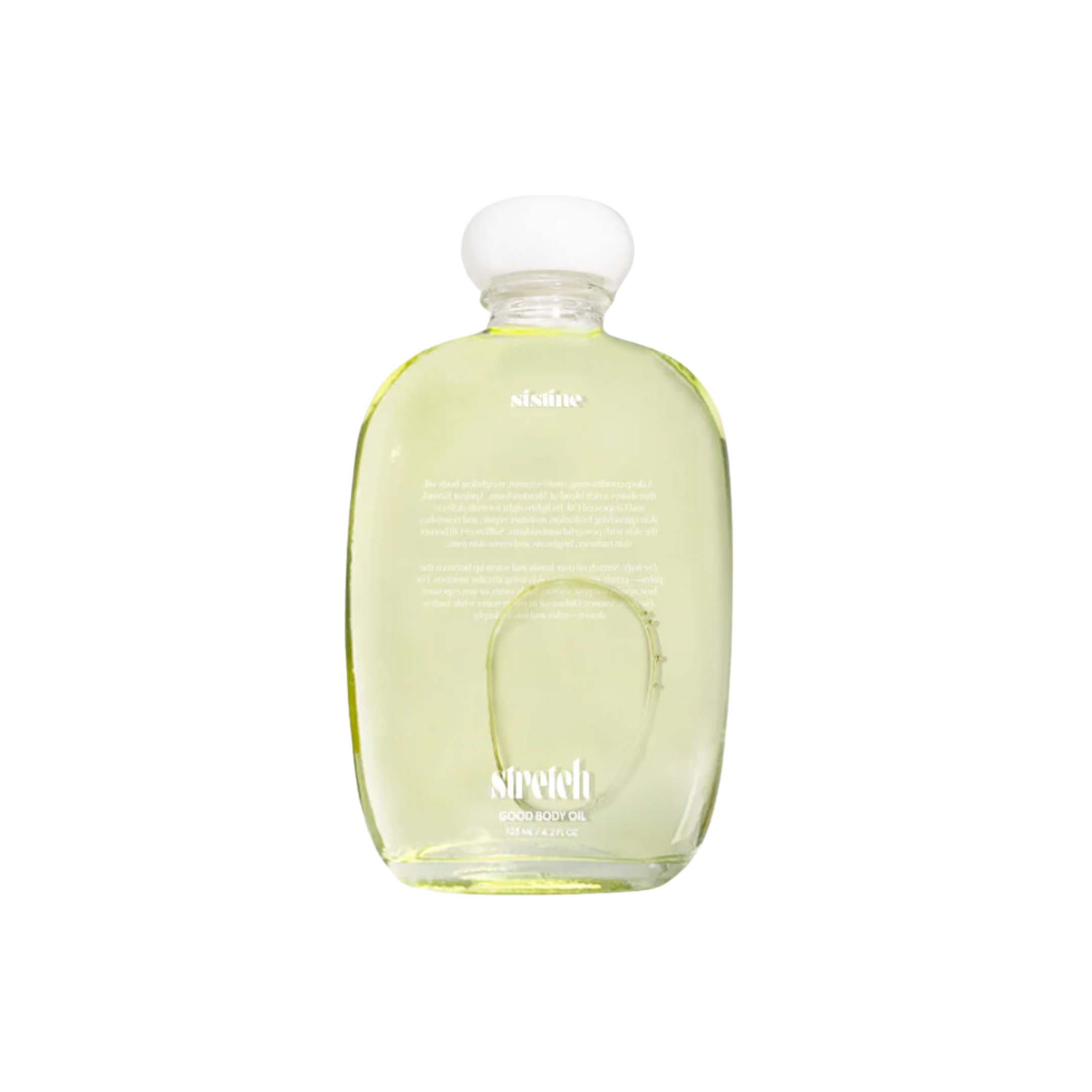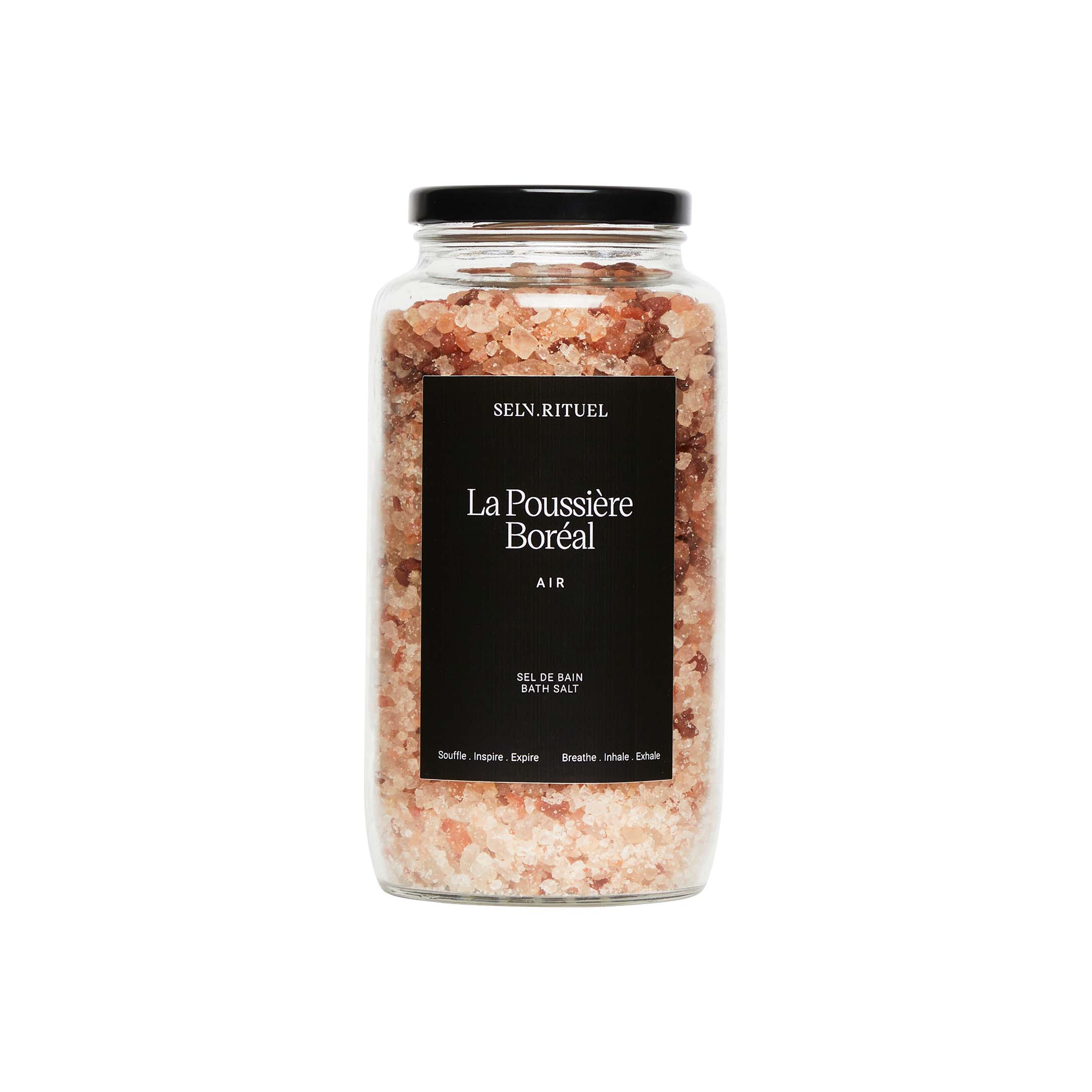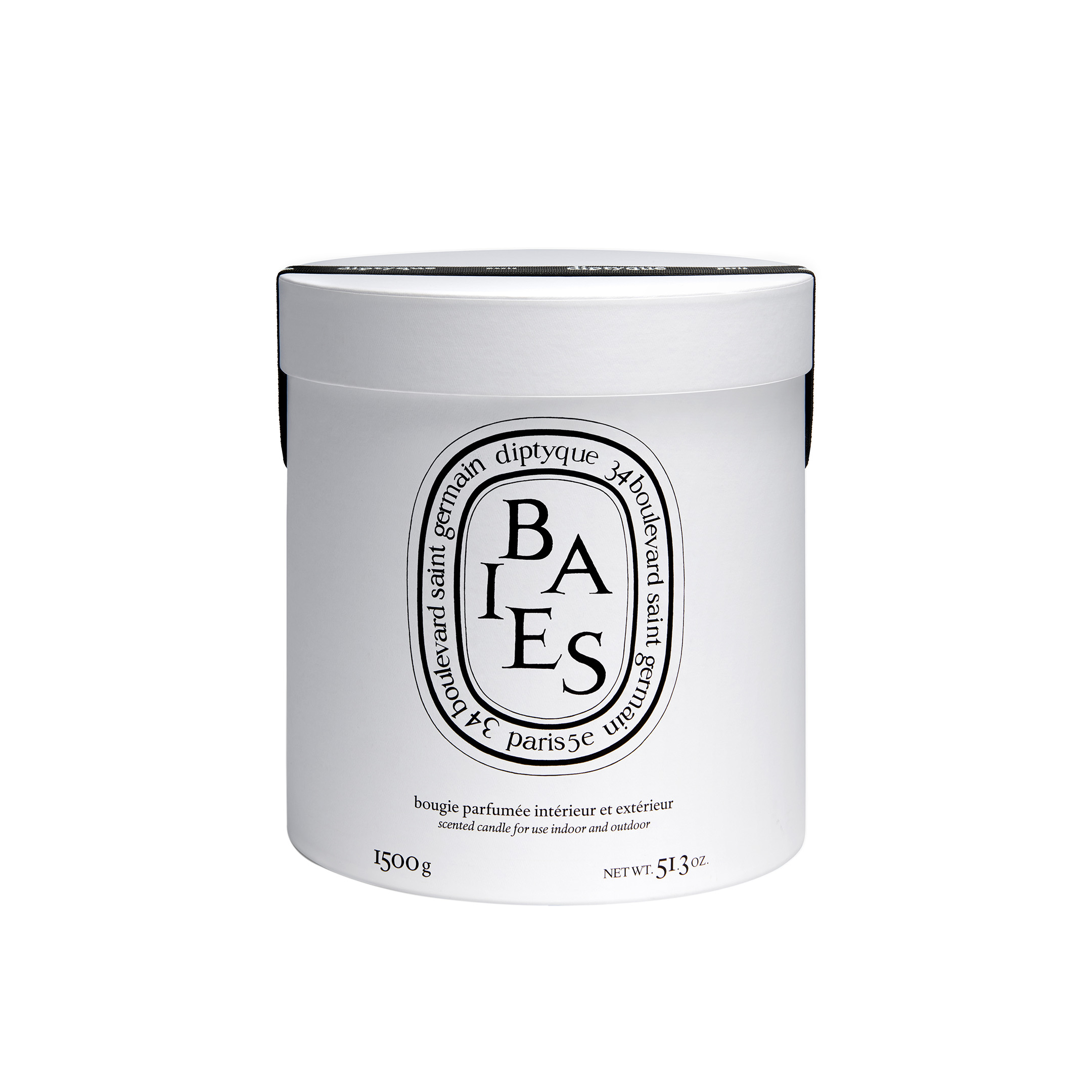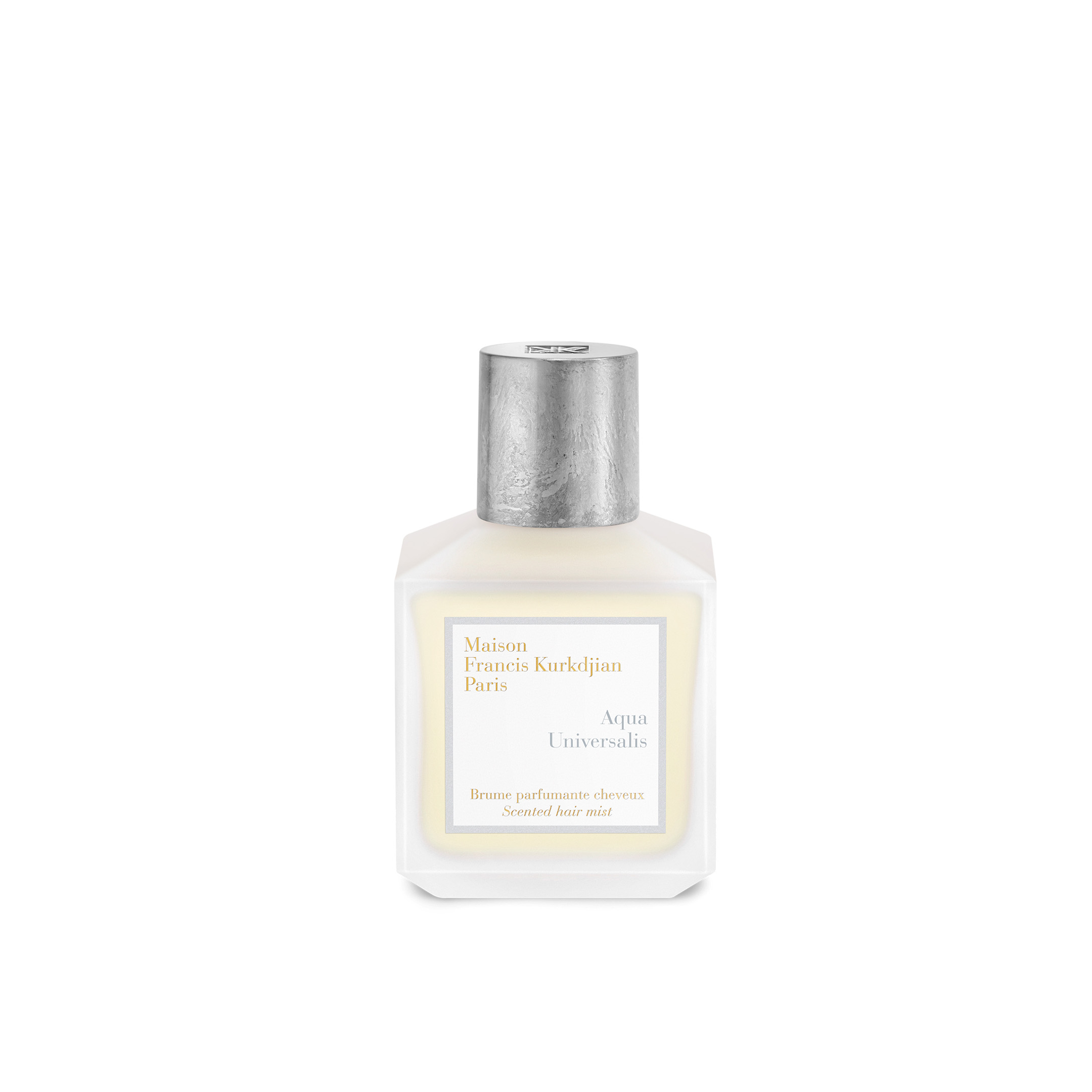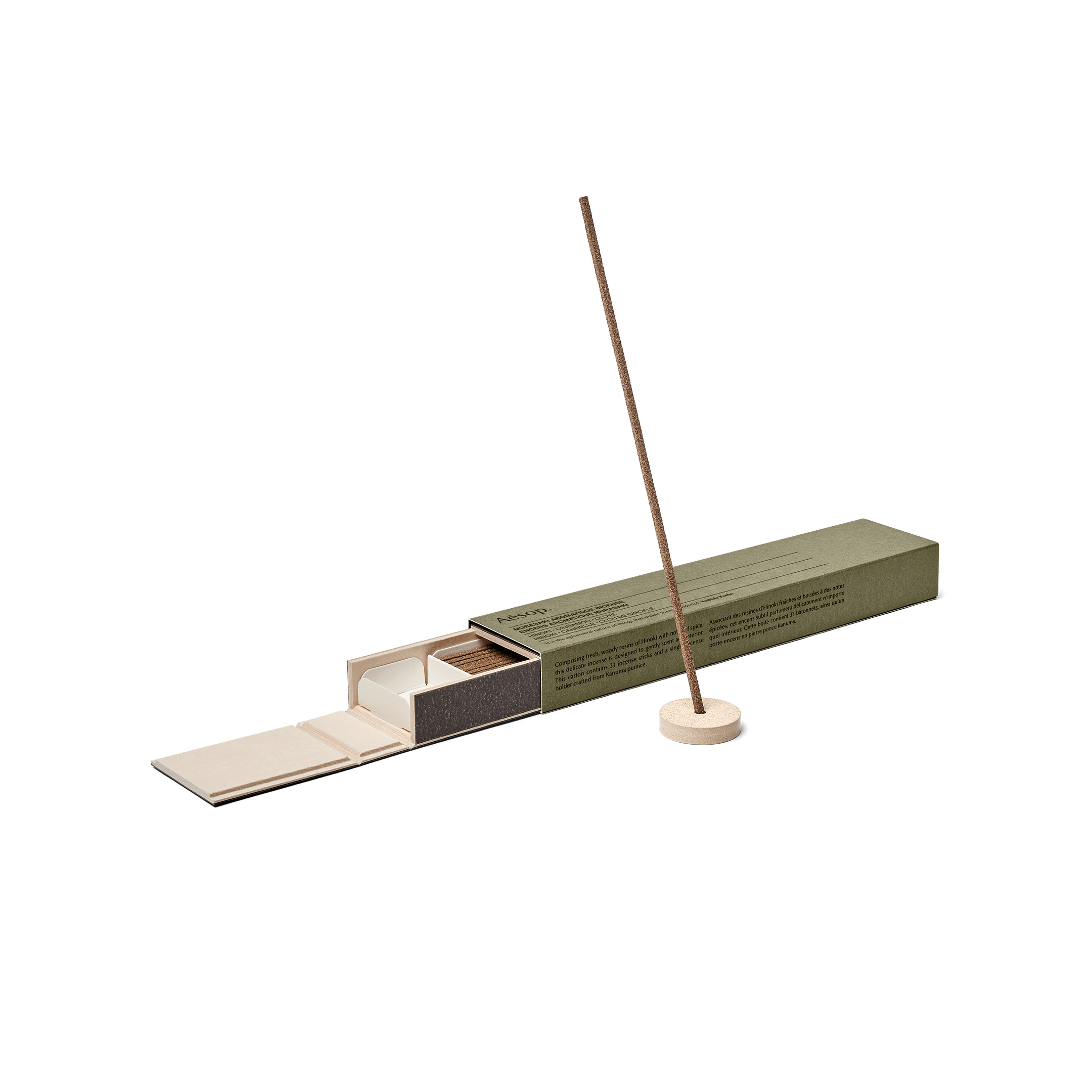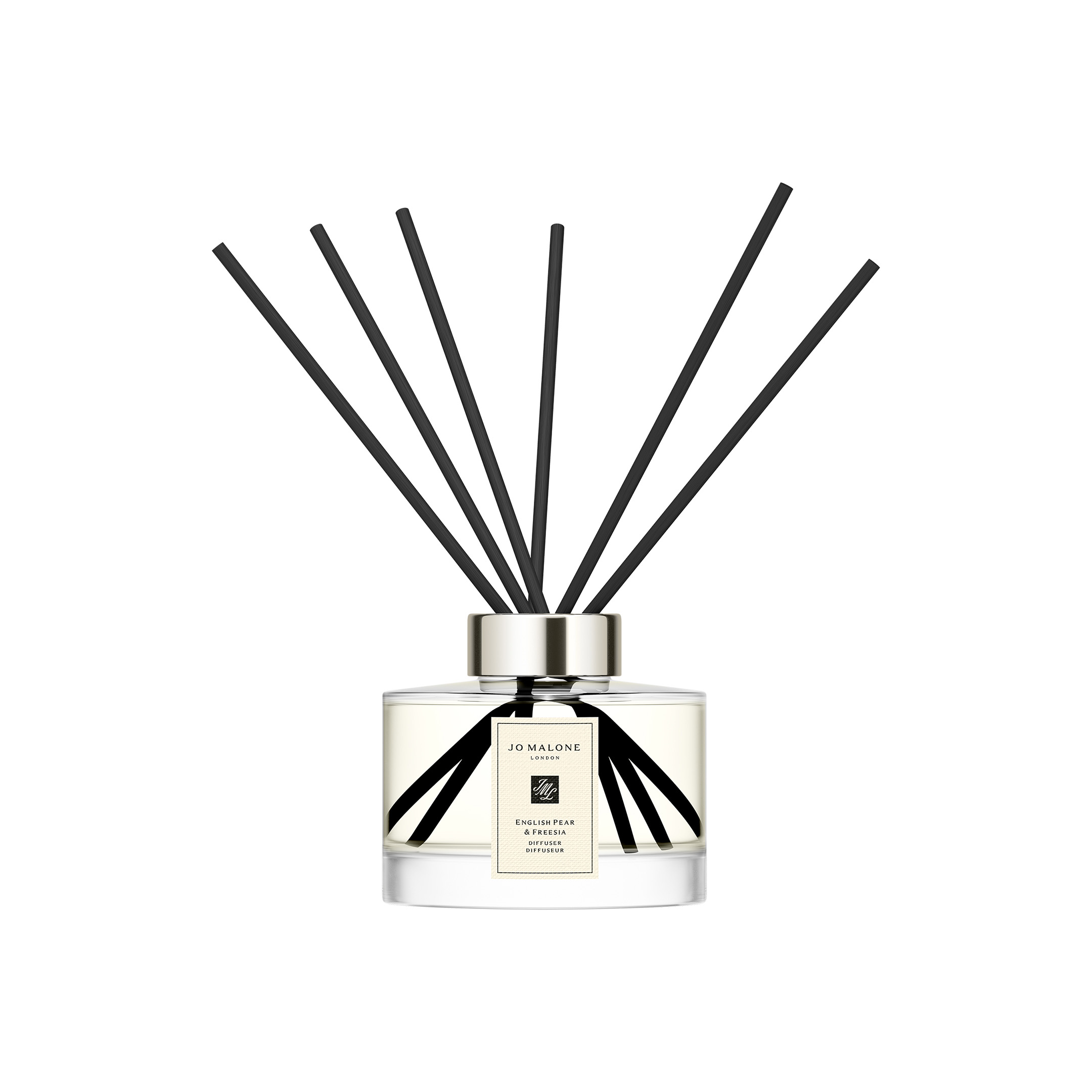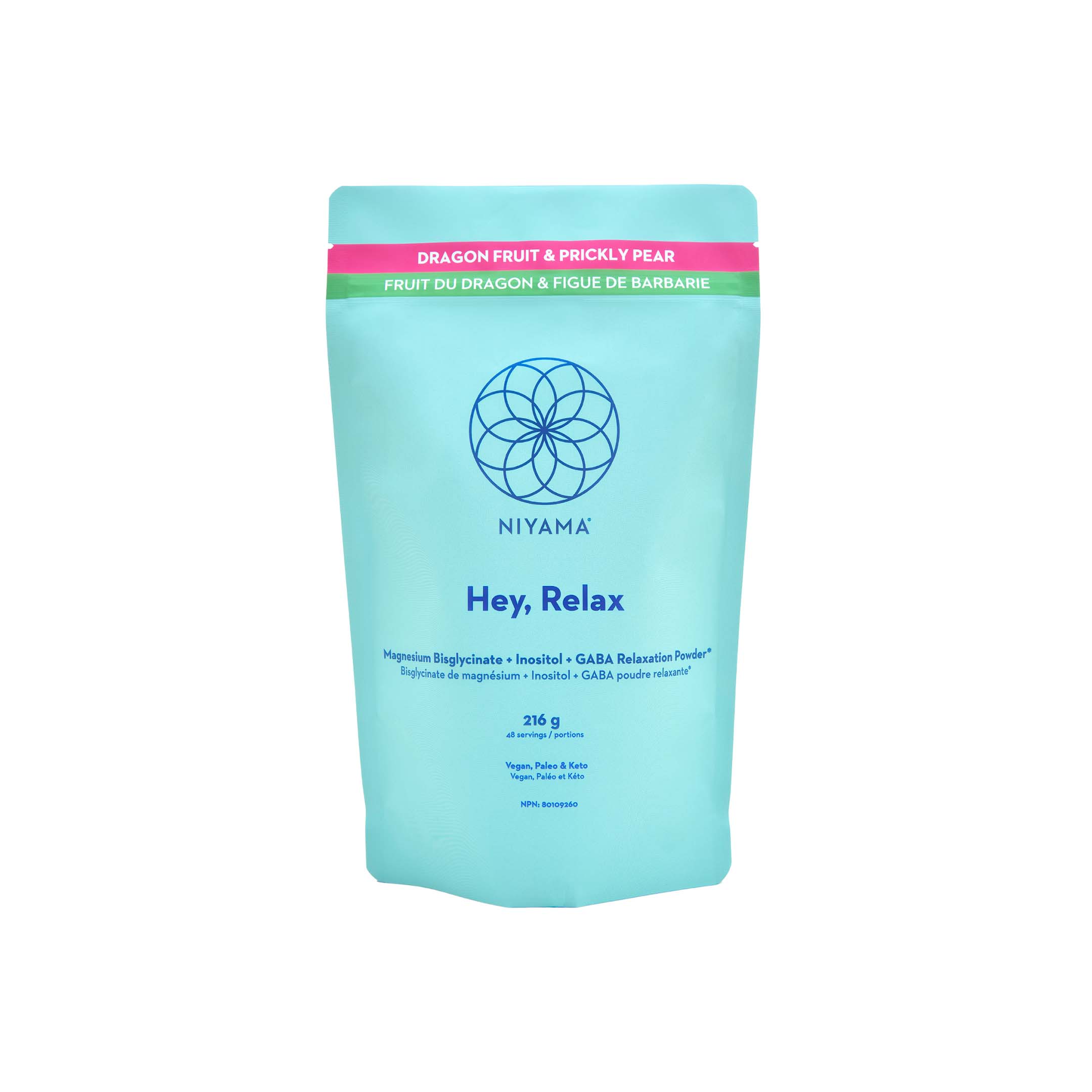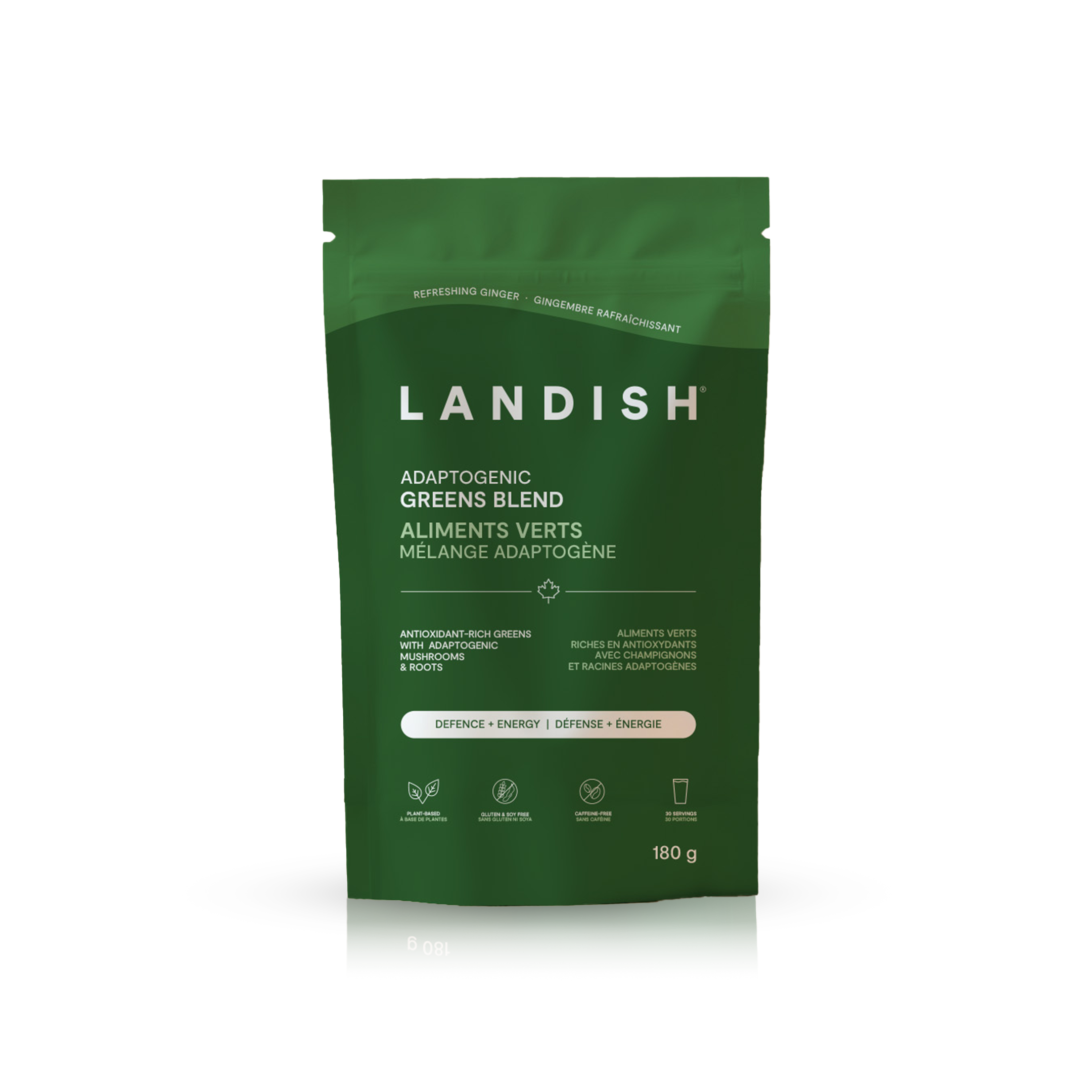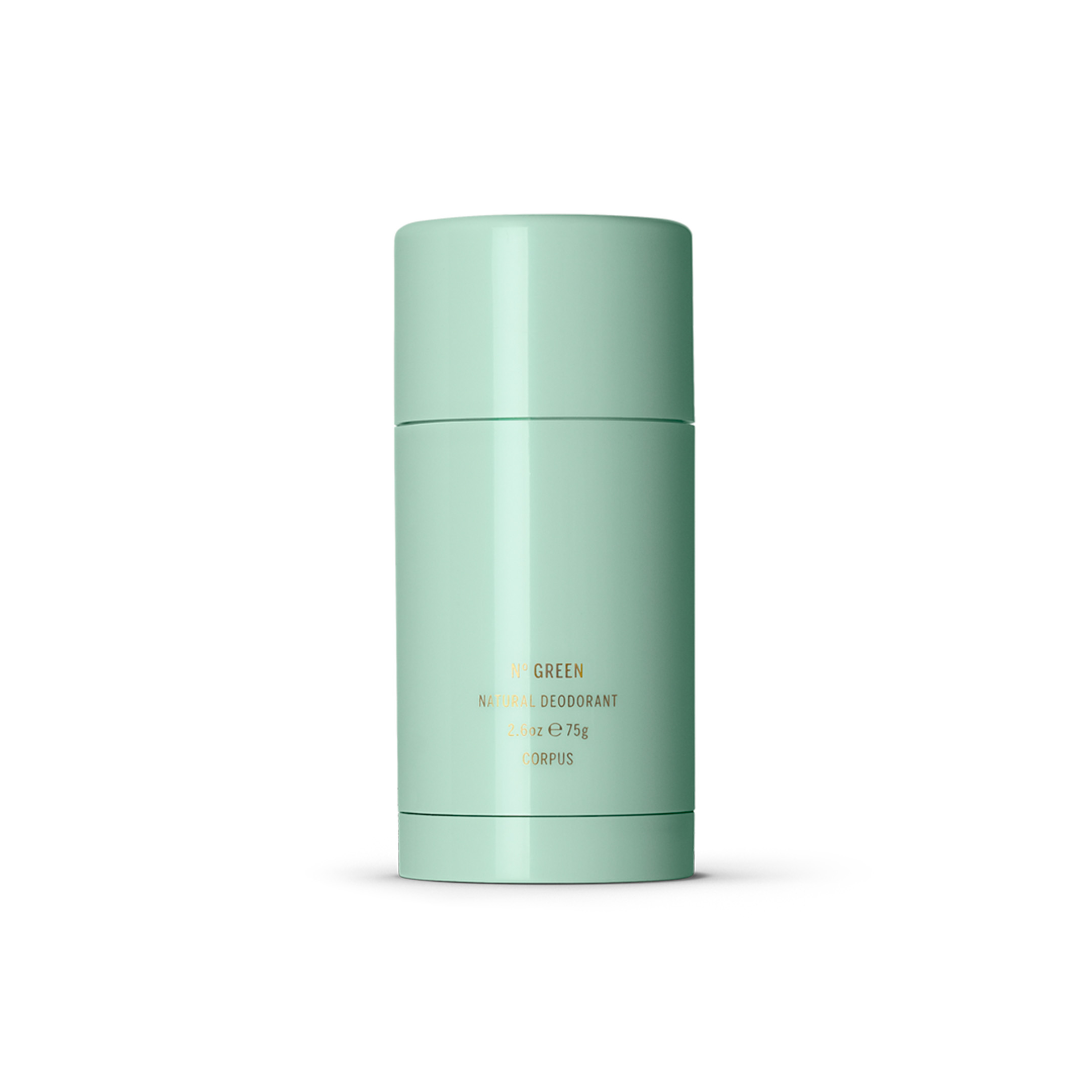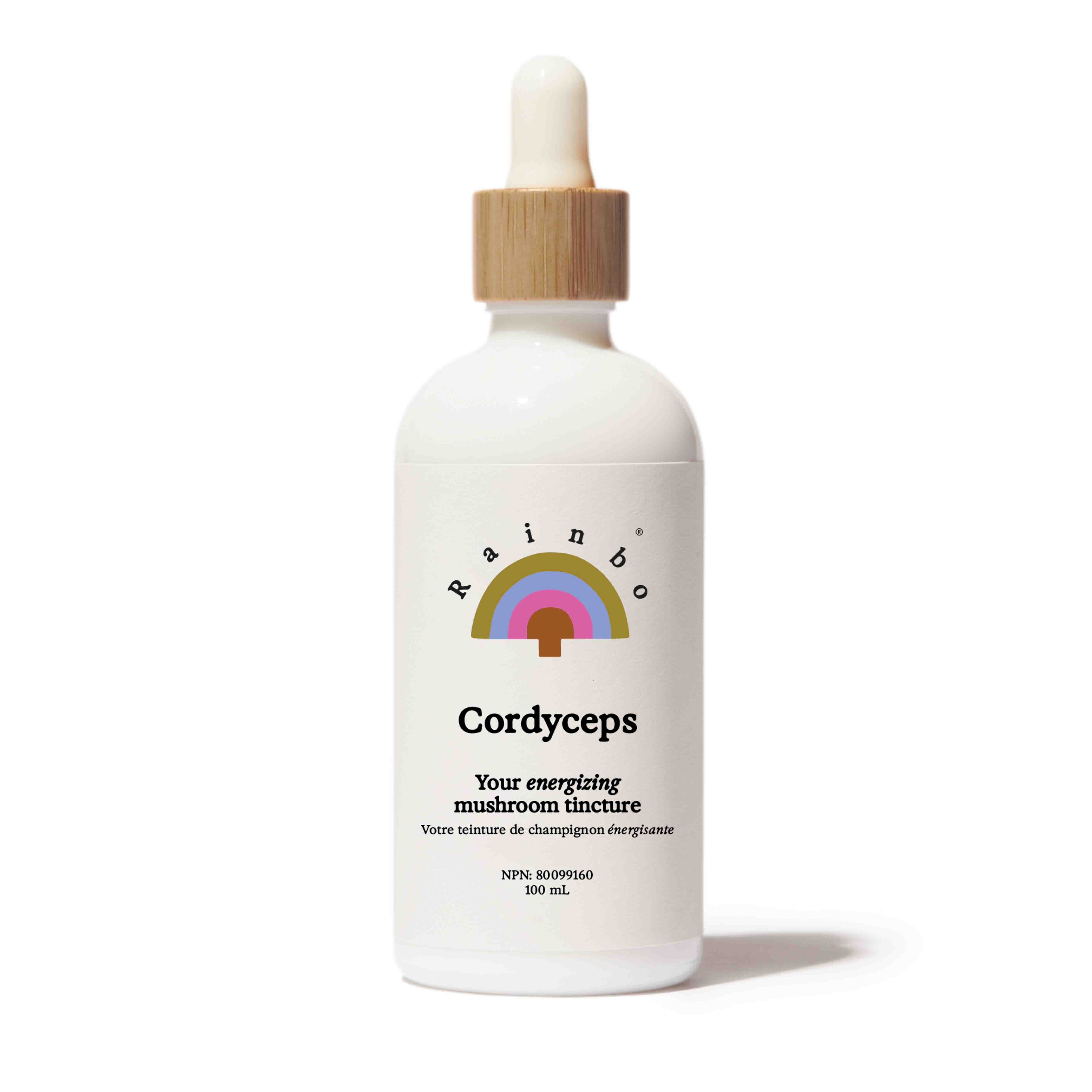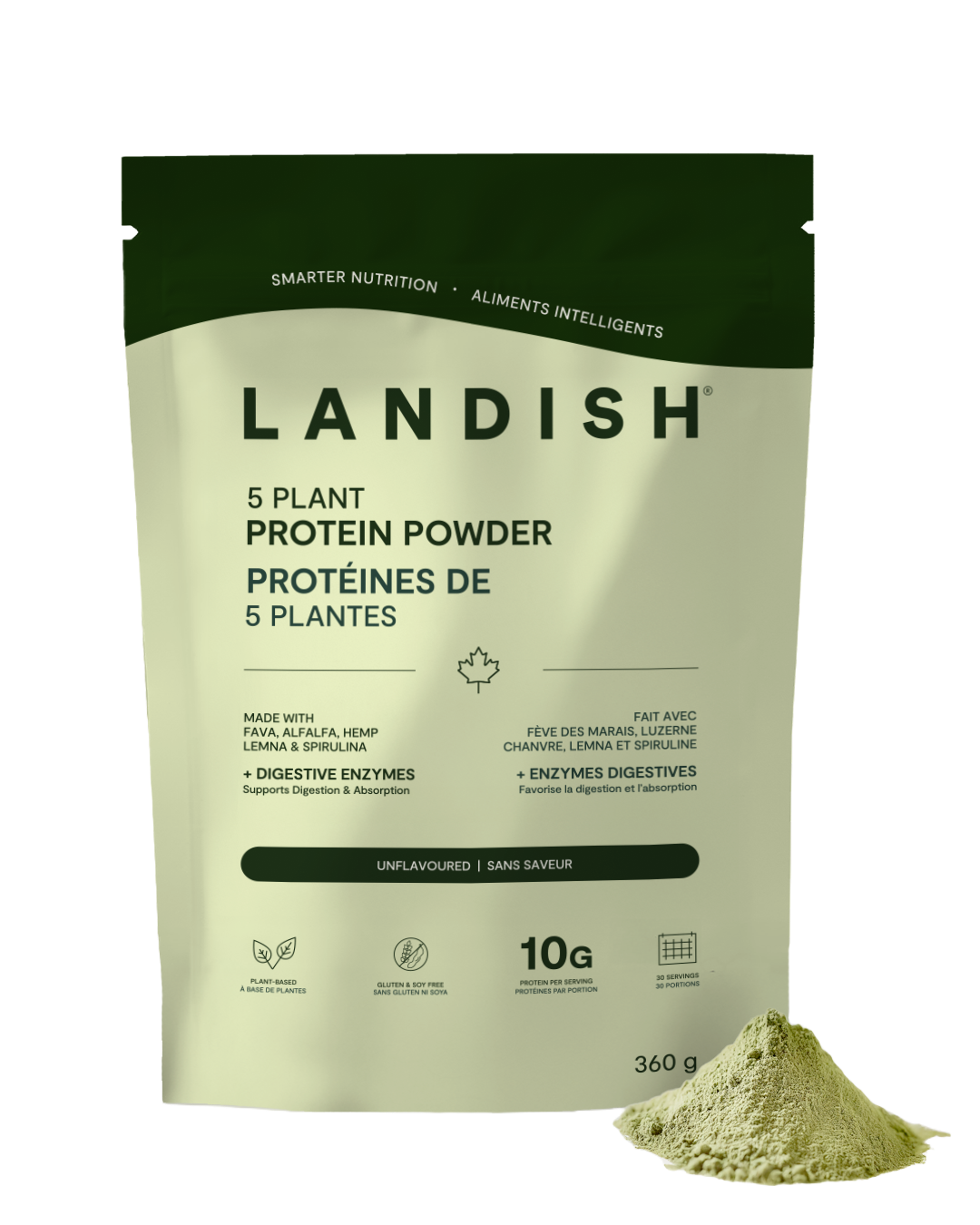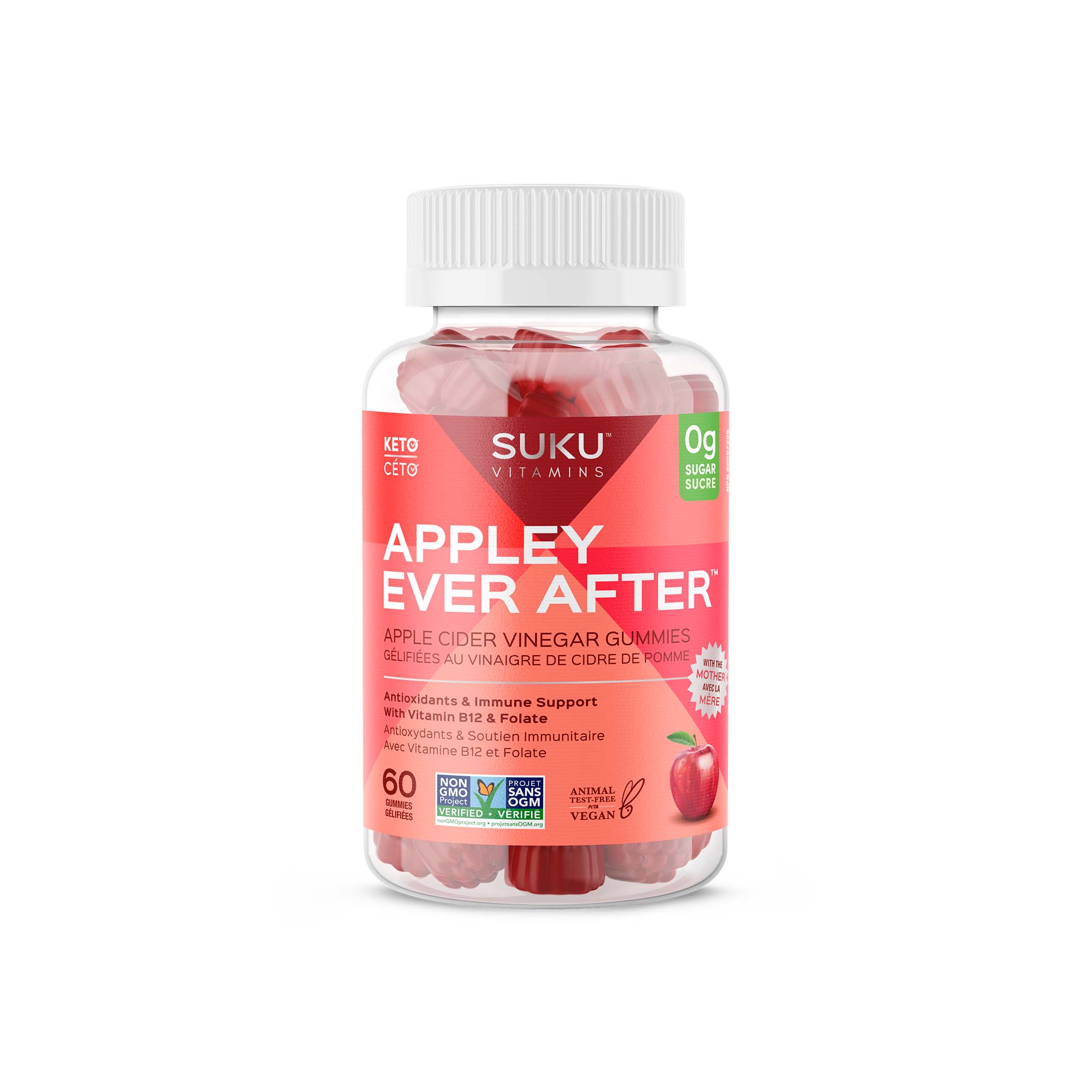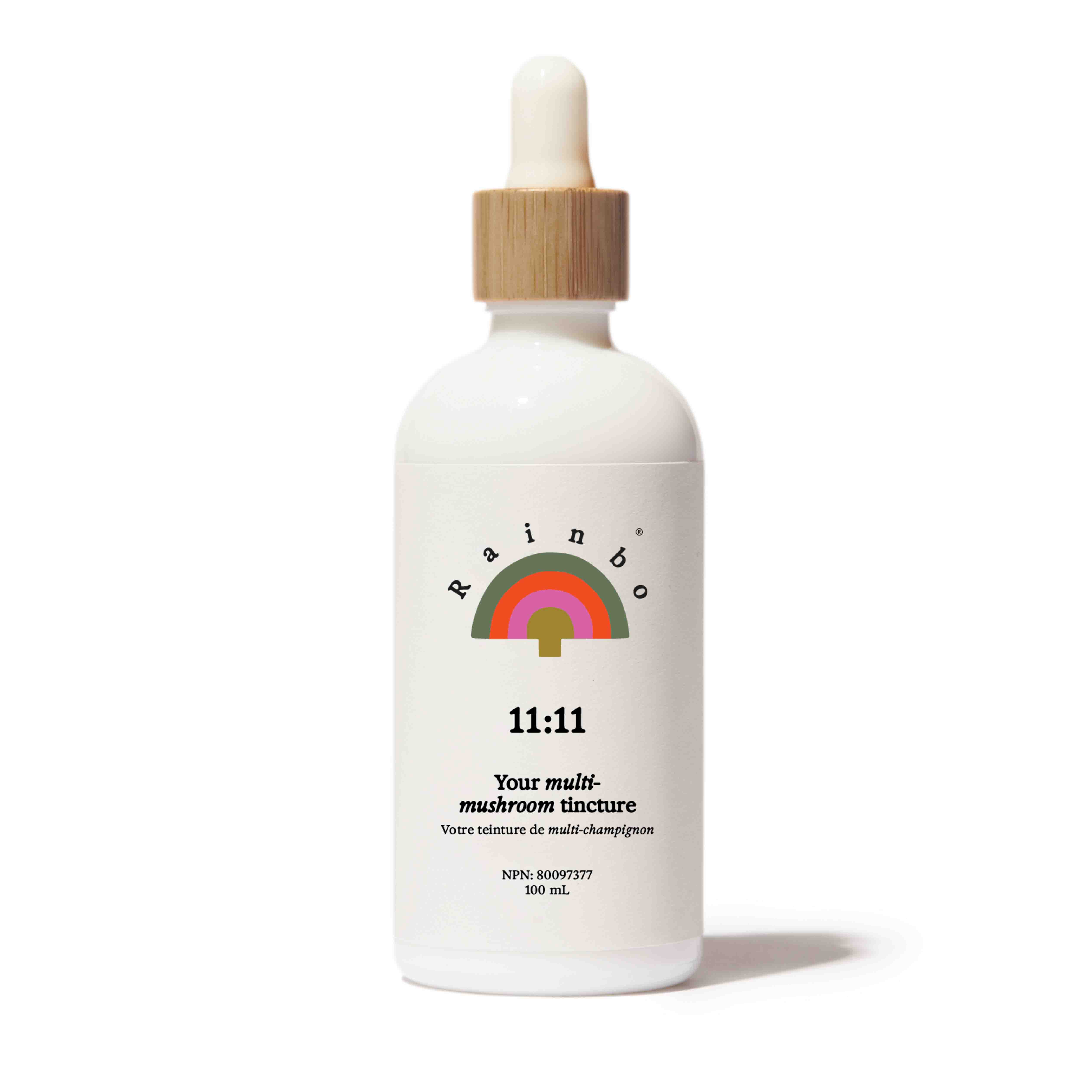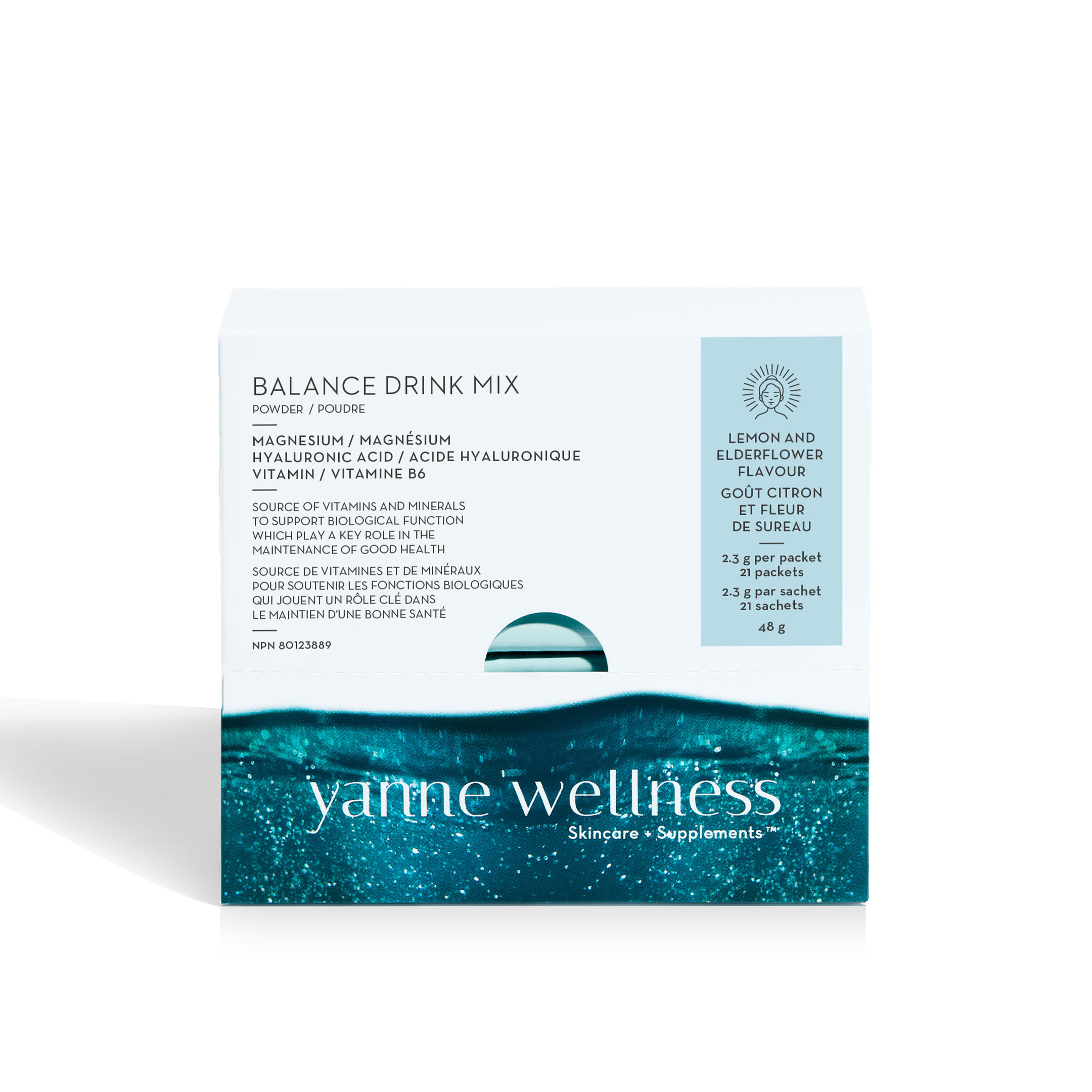Rennaï Knows: Self-Care Is a Skill — Here’s How to Practise It
Written by Renée Morrison | Updated on 2025-07-03
Certified by Rennai

You know that moment when you finally sit down, after doing the groceries, replying to work emails, booking that dentist appointment, throwing in a load of laundry, checking in on your friend who’s going through it, and think: When was the last time I did something for myself? Let’s talk about that moment.
It happens to the best of us. Somewhere along the way, we were taught that self-care was a reward — something you had to earn after the real work was done. But the truth is, self-care isn’t a prize for burning out. It’s the practice that helps you stay grounded, resilient and well.
And like any practice, it’s a skill. One you build slowly, through learning and practise. One that looks different depending on the day. One that gets easier — and more powerful — the more you use it.
The best part? There’s no one right way to do it. It’s not an influencer’s product haul or an elaborate morning routine. It’s a personal, evolving ritual that helps you reset, recharge and remember who you are.
Here are four real ways to practise self-care as a skill, starting wherever you are.
1. Tune In to What Your Body and Mind Need
Self-care isn’t just about feeling good. It’s about getting good at feeling. If you’re stuck on autopilot, the first step is slowing down enough to hear what your body and mind are actually saying. Are you depleted? Overstimulated? Do you need a nap, sunshine, movement, alone time, a hug, or a laugh that makes your abs hurt?
Start with: Slowing your pace so you can really listen. That might mean taking a quiet walk without your phone, skipping the playlist, and simply noticing how you feel. Or try a body scan meditation before bed for a check-in from head to toe. When you create space to just be, you might be surprised by what surfaces.
2. Let Go of Overdoing: Set Boundaries as Self-Care
One of the hardest parts of learning self-care is unlearning everything you’ve absorbed about being “the reliable one.” This one hits deep, especially if you’ve been conditioned to people-please, over-function or hold it all together. But every time you say no to something that drains you, you create space for something that nourishes you.
Boundaries are a radical act of self-respect. Saying no doesn’t mean you don’t care — it means you’re choosing to care for yourself, too. You know how flight attendants tell you to put on your own mask before helping others? That’s because we need to be well before we can show up for anyone else.
And yes, setting boundaries can feel awkward at first. But the result? More honest, sustainable relationships, less resentment, and more energy for what actually matters.
Start with: Saying no to one thing this week that drains you. Or ask for help — even if it feels uncomfortable. Let someone else take something off your plate. Prioritize yourself, even if it ruffles a few feathers. We promise: the world will keep turning.
3. Move in a Way That Feels Good
Movement is one of the simplest ways to shift your energy and reconnect with yourself. But it doesn’t have to look like an intense workout or hitting those 10,000 daily steps. When you let go of the pressure to perform, movement becomes a mood-booster that you can actually look forward to, not check off a list.
Start with: One form of movement that feels supportive, not stressful. That could be a walk with a friend, a gentle stretch session on your living room floor, or dancing to your favourite playlist while making dinner. Movement should meet you where you are.
4. Fuel Yourself for Wellness
Nutrition is what powers us, so it only makes sense that eating well is also a form of self-care. Fad diets have a way of disconnecting us from our bodies and replacing instinct with restriction. But your body doesn’t need extremes: It needs steady fuel to function, focus and feel good.
Start with: Planning one delicious, nourishing meal you’ll work into your routine this week. Maybe that’s a colourful, protein-packed lunch you’ll batch-prep on Sunday, or a hearty breakfast bowl of oats and healthy fats. Pay attention to how you feel after eating — energized? sluggish? — and let that guide your next meal prep. Supplements can also help fill in the gaps when life gets busy.
Expand Your Definition of Self-Care (and Make It Your Own)
The real definition of self-care is one that stretches way beyond spa appointments and skin care. It’s about sustaining your overall wellness — physical, emotional, social, mental, sexual, and even professional.
The Global Flourishing Study defines “flourishing” as holistic and evolving. It’s not a fixed destination, but “a journey toward relative attainment of a life where all aspects are good.” In other words, self-care means tending to all the parts of you that make up a good life, and it’s an ever-evolving process that’s not one-size-fits-all.
For one person, it’s reading in bed with cozy socks and tea. For another, it’s a sweaty dance class and early-2000s bangers. Both are valid. Both are real.
At Rennaï, we’re all about building a life that supports you, and not just one that looks good on paper. Our curated offerings are designed to meet you where you are: skincare, supplements, beauty tools and sensory rituals that help you slow down and come home to yourself.
So take what you need. Leave what you don’t. And know that self-care isn’t a finish line — it’s a lifestyle.
*
